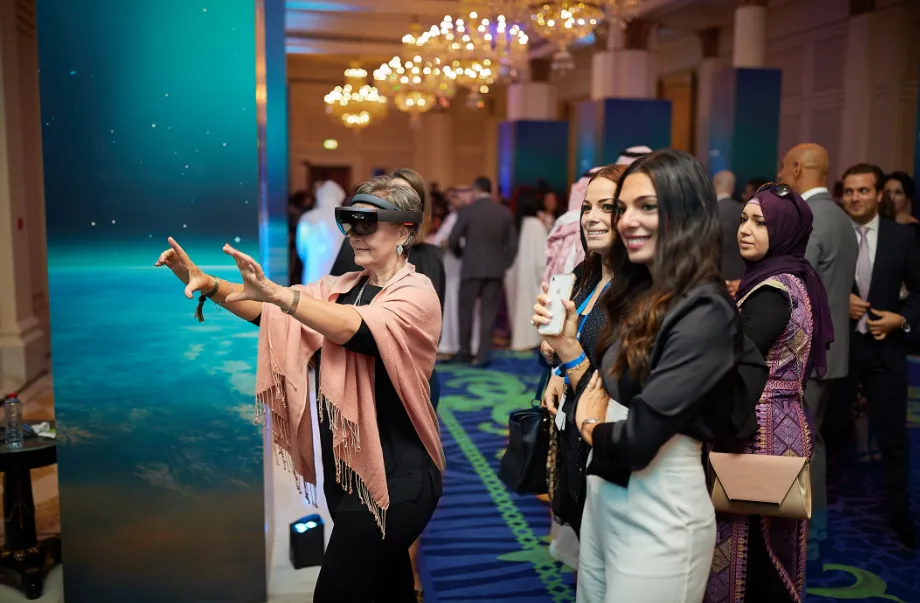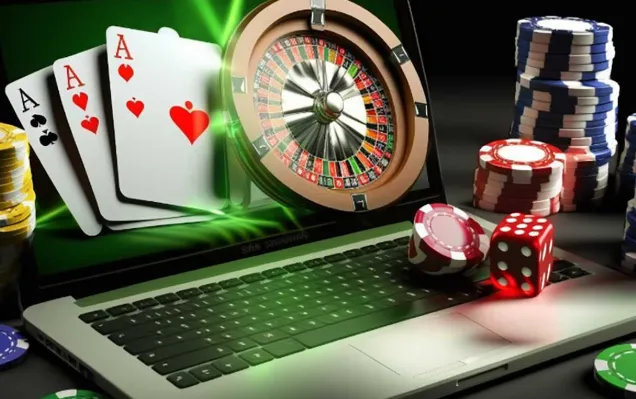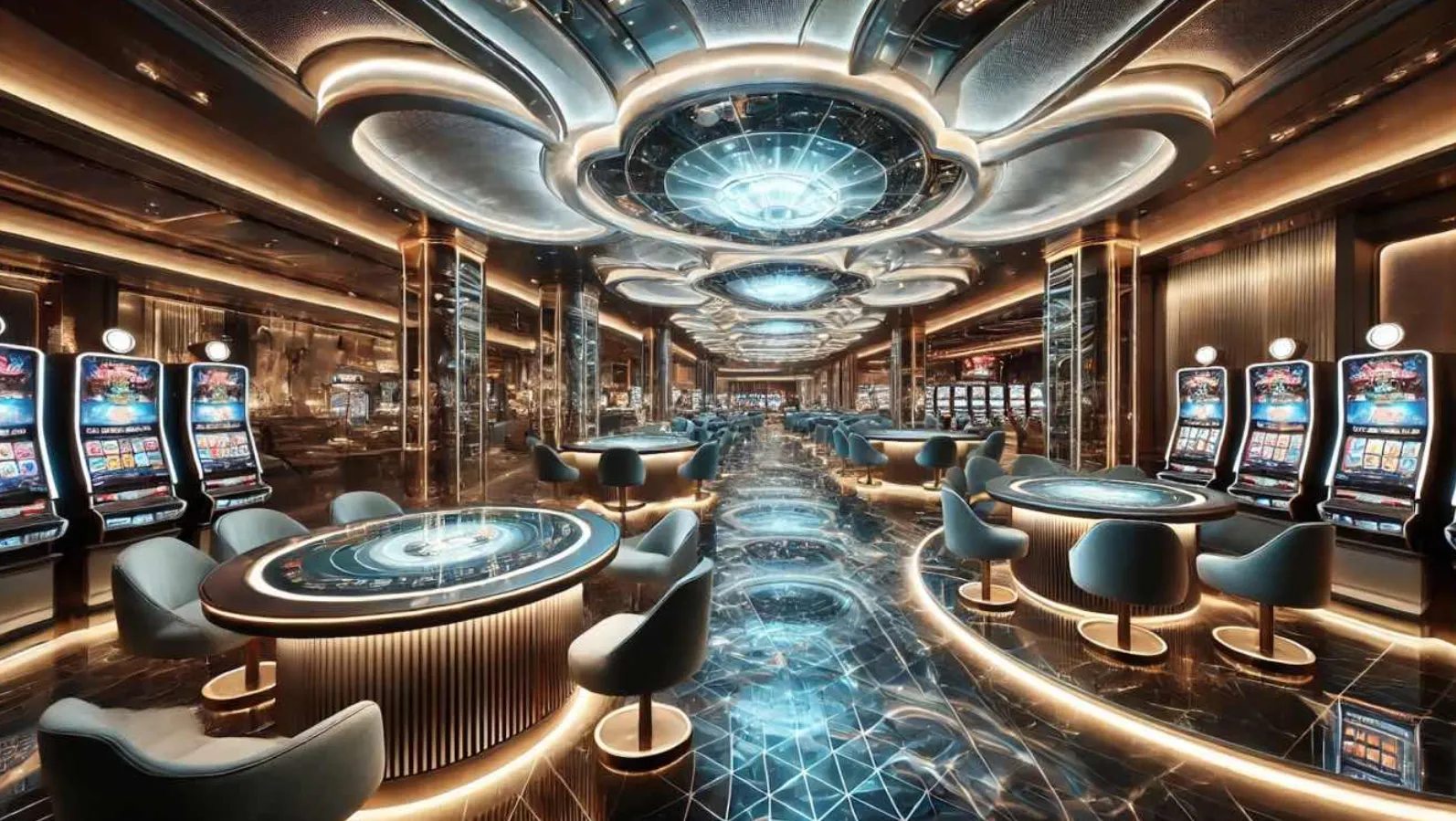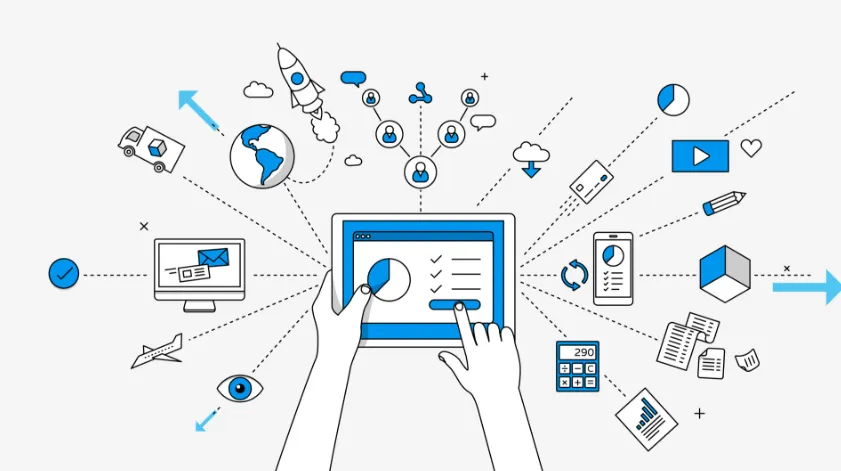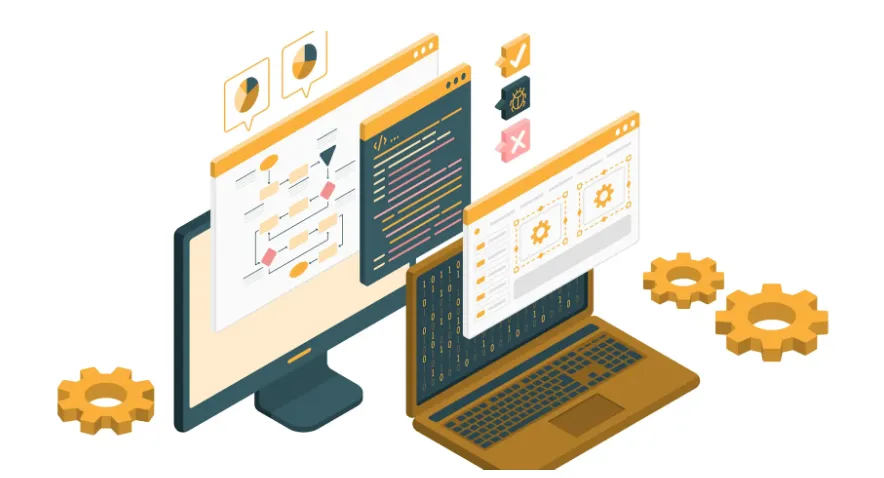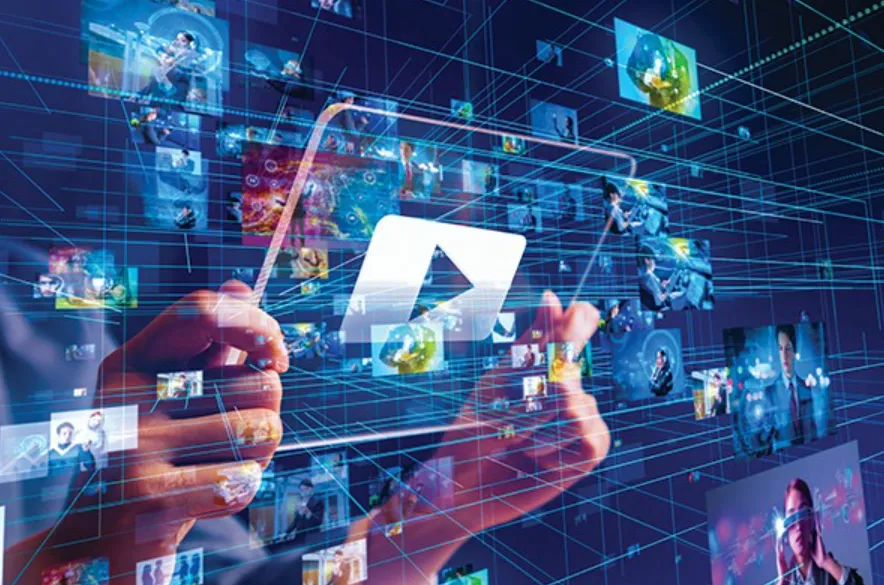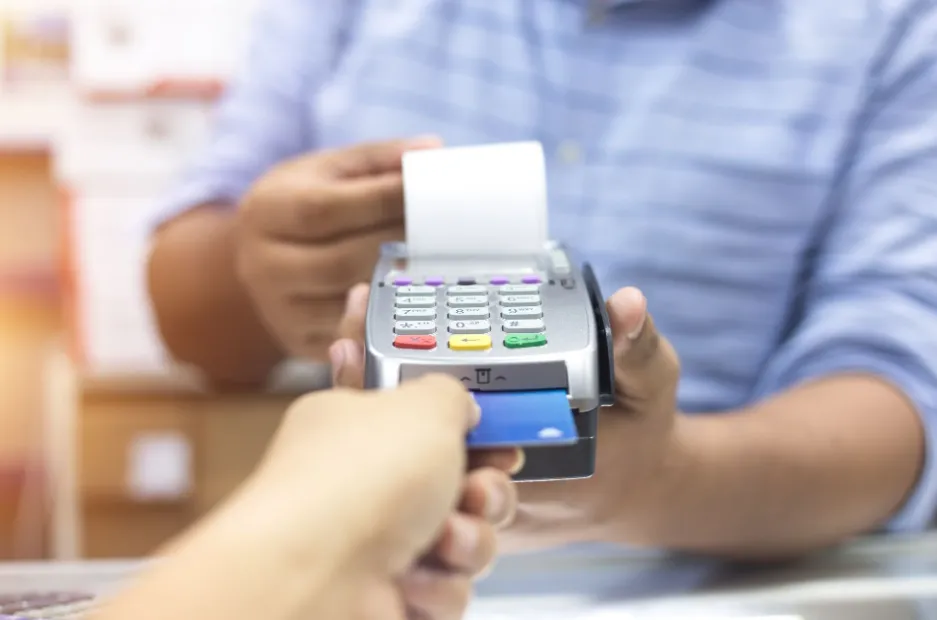Contents
Introduction to Event Technology
In the modern era, technology in event planning and execution has become indispensable. Technology can turn a regular event into an exceptional experience through interactive displays and real-time data analysis. One of the most incredible advancements in this field is the availability of event diagram software, which allows planners to visualize the layout realistically, ensuring better organization and flow. This article explores the different facets of event technology and how it can be used to create memorable events. Leveraging technological tools elevates attendees’ experience and allows planners to streamline their operations, gather insightful data, and create personalized experiences. Modern technology makes the cumbersome and often chaotic event planning process more manageable, adding a layer of professionalism that can significantly impact an event’s success.
Benefits of Technology in Event Planning
- Increased Efficiency and Time-Saving
- Enhanced Guest Engagement
- Improved Event Analytics and Feedback
- Greater Flexibility and Customization
Digital tools and platforms can automate many time-consuming tasks, from registration to scheduling. Interactive apps and real-time feedback systems can enhance guest engagement. Improved analytics provide insights into attendee behavior and preferences, enabling more tailored and effective events. Finally, the flexibility offered by technologies such as dynamic 3D rendering and interactive maps allows for better customization to suit the specific needs of any event.
An event management platform can efficiently manage many administrative tasks, thus reducing the need for manual intervention and giving planners more time to concentrate on the creative aspects of event planning. Mobile apps that provide personalized schedules and real-time updates can enhance guest engagement. Moreover, analytics tools can track attendees’ activities, offering invaluable insights for improving future events.
Essential Technologies for Modern Events
Technologies such as dynamic 3D event diagramming, virtual and augmented reality, and real-time polling systems are game-changers. Dynamic 3D event diagramming allows planners to visualize the layout realistically, ensuring better organization and flow. Virtual and augmented reality provide immersive experiences that engage attendees, with real-time polling keeping the audience involved and offering instant feedback.
Imagine planning a large-scale corporate event with the help of dynamic 3D event diagramming. This technology enables you to create accurate floor plans, visualize spatial arrangements, and make real-time adjustments while providing a tangible preview of the event setup. Meanwhile, augmented reality can create interactive displays and exhibits that draw participants into a more engaging experience. Polling systems can solicit instant feedback on sessions, keynote speakers, and other event components, ensuring that adjustments can be made on the fly to maintain high levels of audience engagement.
Real-Life Examples of Effective Event Tech
Consider a music festival that uses RFID wristbands for entry and purchases. It not only speeds up the process but also gives organizers real-time data on crowd density, helping to enhance security and experience. Another example is mobile apps that offer personalized schedules, maps, and networking opportunities. These apps can even use beacon technology to provide real-time updates and notifications to attendees, enhancing their overall experience.
At large corporate conferences, mobile apps can facilitate networking among attendees by suggesting contacts based on similar interests and schedules. These apps provide interactive agendas, venue maps, and real-time notifications about session changes or important announcements. Beacons can guide attendees through large venues, ensuring they can take advantage of critical exhibits or sessions. In another instance, sports events have successfully used AR to enhance the fan experience, providing real-time stats and interactive features during the game.
How to Choose the Right Tech for Your Event
- Identify Event Goals and Objectives
- Assess Your Budget
- Evaluate Attendee Demographics and Preferences
- Research and Compare Options
- Test the Technology Before Deployment
Begin by clearly outlining your goals for the event. It could range from educating attendees to generating leads or providing a memorable experience. Budget assessment is crucial as it determines which technologies you can afford. Understanding your audience’s preferences will guide you towards the most suitable tech. Once you have a shortlist, compare features and reviews to make an informed decision. Finally, always test the technology thoroughly before the event to ensure it works seamlessly.
Take, for example, a health and wellness expo. If the goal is to educate attendees on the latest wellness trends, you might prioritize educational apps and interactive displays. Your budget will help refine your choices, eliminating too costly options. Knowing that your attendees are primarily tech-savvy millennials, you’ll focus on mobile solutions and digital interfaces. After researching different platforms, choose the best fit your needs, and run thorough tests to ensure everything works as expected.
Future Trends in Event Technology
As we look towards the future, technologies such as AI-driven automation, blockchain for secure transactions, and immersive tech will play a pivotal role in reshaping the event landscape. AI-driven chatbots, for example, can offer 24/7 customer service, while blockchain ensures the secure transfer of tickets and payments. Additionally, immersive technology, such as virtual reality, can transport attendees to different worlds, providing an experience that traditional methods cannot offer. As these technologies develop, they will continue revolutionizing how events are planned and executed.
AI-driven chatbots can interact with attendees before, during, and after the event, offering a personalized experience and handling various queries promptly. Blockchain technology can revolutionize ticketing by preventing fraud and ensuring secure transfers. In immersive tech, virtual reality can create new environments, turning a simple presentation into an unforgettable experience. Holographic displays and mixed-reality experiences are on the horizon, promising even more exciting possibilities for making your events stand out.
